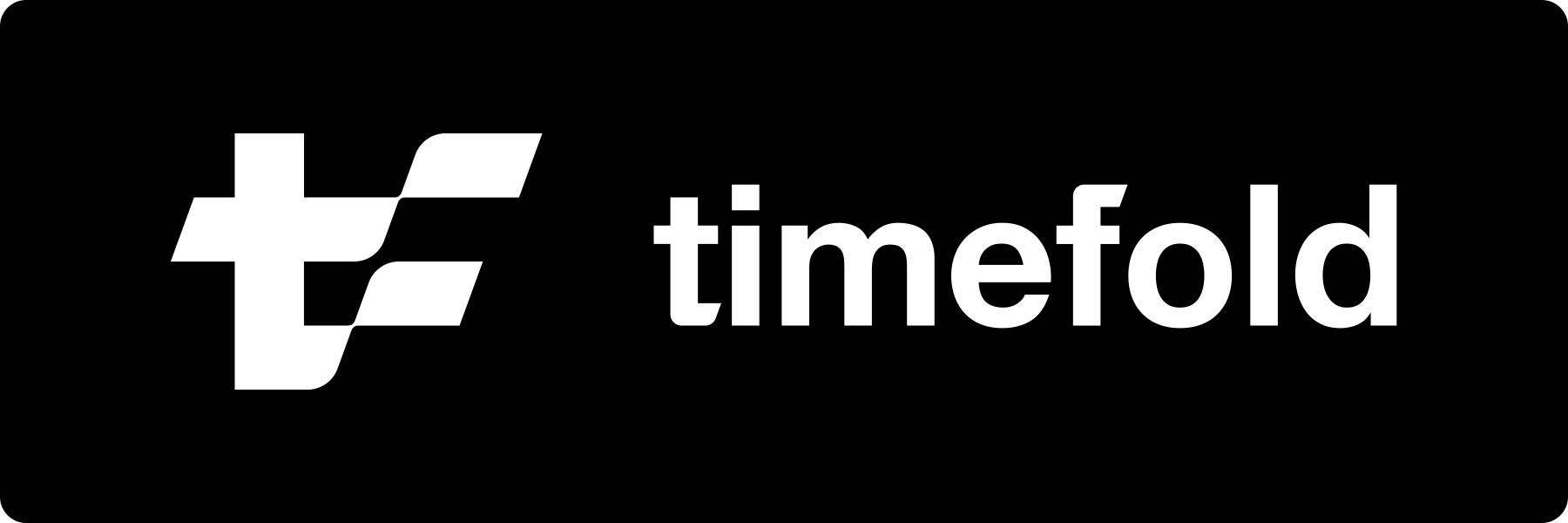Planning optimization made easy: timefold.ai
SolverForge is a 100% Timefold 1.24.0 compatible AI constraint solver you can use to optimize the Vehicle Routing Problem, Employee Rostering, Maintenance Scheduling, Task Assignment, School Timetabling, Cloud Optimization, Conference Scheduling, Job Shop Scheduling and many more planning problems with Python.
Using Timefold Solver in Python used to be significantly slower than using Timefold Solver for Java or Kotlin.
Therefore, the official Timefold Python solver has been discontinued and the Timefold team is focusing on the Java and Kotlin solvers.
SolverForge is committed to three core goals:
-
Performance: We are optimizing quickstart examples and have already achieved significant speedups by removing bottlenecks (for example, pydantic now validates only at the API boundary, not during solving). See our latest benchmark results for reference.
-
Sustained Support: This fork offers ongoing community support—issues and bugs will be addressed — but we will not track every new Timefold release. Our baseline remains version 1.24.0.
-
Next-Generation Architecture: In the meantime, we are developing a fully native Rust backend to deliver a new 100% API-compatible Python solver. This approach eliminates JPype overhead and connects directly to the Timefold JVM via JNI for maximum performance and efficiency.
-
Clone SolverForge Quickstarts:
git clone https://github.com/SolverForge/solverforge-quickstarts.git -
Navigate to the
quickstartsdirectory and choose a quickstart:cd solverforge-quickstarts/hello-world
- Install Python 3.10, 3.11 or 3.12.
- Install JDK 17 or later with the environment variable
JAVA_HOMEconfigured to the JDK installation directory. For example, with Sdkman:$ sdk install java
- Install the repo
$ pip install git+https://github.com/SolverForge/solverforge-legacy.git
In Timefold Solver, the domain has three parts:
- Problem Facts, which do not change.
- Planning Entities, which have one or more planning variables.
- Planning Solution, which define the facts and entities of the problem.
Problem facts can be any Python class, which are used to describe unchanging facts in your problem:
from dataclasses import dataclass
from datetime import time
@dataclass
class Timeslot:
id: int
day_of_week: str
start_time: time
end_time: timeTo declare Planning Entities, use the @planning_entity decorator along with annotations:
from dataclasses import dataclass, field
from typing import Annotated
from solverforge_legacy.solver.domain import planning_entity, PlanningId, PlanningVariable
@planning_entity
@dataclass
class Lesson:
id: Annotated[int, PlanningId]
subject: str
teacher: str
student_group: str
timeslot: Annotated[Timeslot, PlanningVariable] = field(default=None)
room: Annotated[Room, PlanningVariable] = field(default=None)-
The
PlanningVariableannotation is used to mark what fields the solver is allowed to change. -
The
PlanningIdannotation is used to uniquely identify an entity object of a particular class. The same Planning Id can be used on entities of different classes, but the ids of all entities in the same class must be different.
To declare the Planning Solution, use the @planning_solution decorator:
from dataclasses import dataclass, field
from typing import Annotated
from solverforge_legacy.solver.domain import (planning_solution, ProblemFactCollectionProperty, ValueRangeProvider,
PlanningEntityCollectionProperty, PlanningScore)
from solverforge_legacy.solver.score import HardSoftScore
@planning_solution
@dataclass
class TimeTable:
timeslots: Annotated[list[Timeslot], ProblemFactCollectionProperty, ValueRangeProvider]
rooms: Annotated[list[Room], ProblemFactCollectionProperty, ValueRangeProvider]
lessons: Annotated[list[Lesson], PlanningEntityCollectionProperty]
score: Annotated[HardSoftScore, PlanningScore] = field(default=None)-
The
ValueRangeProviderannotation is used to denote a field that contains possible planning values for aPlanningVariable. -
The
ProblemFactCollectionannotation is used to denote a field that contains problem facts. This allows these facts to be queried in your constraints. -
The
PlanningEntityCollectionannotation is used to denote a field that contains planning entities. The planning variables of these entities will be modified during solving. -
The
PlanningScoreannotation is used to denote the field that holds the score of the current solution. The solver will set this field during solving.
You define your constraints by using the ConstraintFactory:
from domain import Lesson
from solverforge_legacy.solver.score import (Joiners, HardSoftScore, ConstraintFactory,
Constraint, constraint_provider)
@constraint_provider
def define_constraints(constraint_factory: ConstraintFactory) -> list[Constraint]:
return [
# Hard constraints
room_conflict(constraint_factory),
# Other constraints here...
]
def room_conflict(constraint_factory: ConstraintFactory) -> Constraint:
# A room can accommodate at most one lesson at the same time.
return (
constraint_factory.for_each_unique_pair(Lesson,
# ... in the same timeslot ...
Joiners.equal(lambda lesson: lesson.timeslot),
# ... in the same room ...
Joiners.equal(lambda lesson: lesson.room))
.penalize(HardSoftScore.ONE_HARD)
.as_constraint("Room conflict")
)Also see Timefold Solver Documentation on Constraint Streams.
from solverforge_legacy.solver import SolverFactory
from solverforge_legacy.solver.config import SolverConfig, TerminationConfig, ScoreDirectorFactoryConfig, Duration
from constraints import define_constraints
from domain import TimeTable, Lesson, generate_problem
solver_config = SolverConfig(
solution_class=TimeTable,
entity_class_list=[Lesson],
score_director_factory_config=ScoreDirectorFactoryConfig(
constraint_provider_function=define_constraints
),
termination_config=TerminationConfig(
spent_limit=Duration(seconds=30)
)
)
solver = SolverFactory.create(solver_config).build_solver()
solution = solver.solve(generate_problem())solution will be a TimeTable instance with planning
variables set to the final best solution found.
For a full API spec, visit the Timefold Documentation.
SolverForge was forked on 03 August 2025 from Timefold's Python Solver, which was entirely Apache-2.0 licensed (a permissive license).
The original Timefold Python Solver was forked on 20 April 2023 from OptaPlanner and OptaPy.
SolverForge is a derivative work of the Timefold Python Solver and OptaPy, which includes copyrights of the original creators, Timefold AI, Red Hat Inc., affiliates, and contributors, that were all entirely licensed under the Apache-2.0 license. Every source file has been modified.



